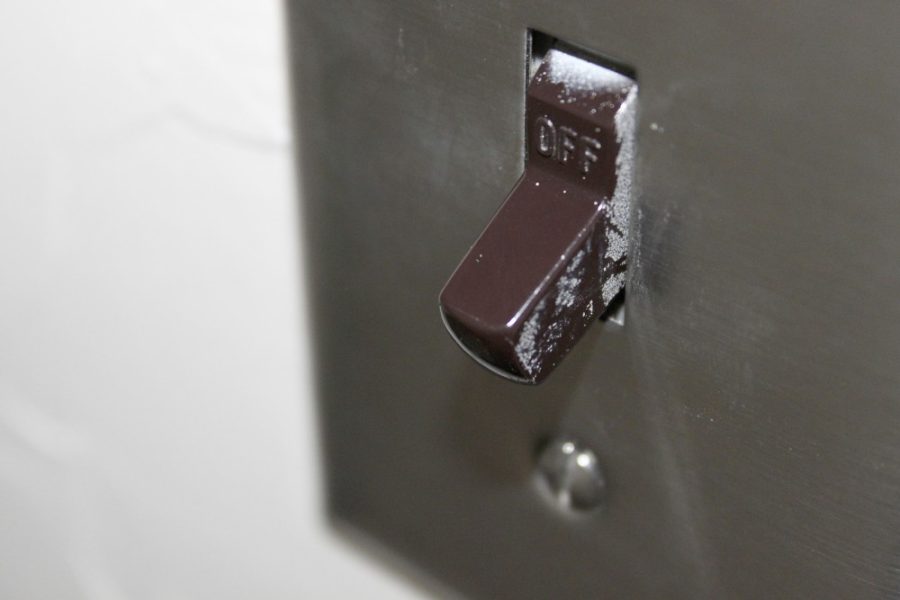Since Feb. 6, the UA and ASU have been competing to see who can save more energy in their residence halls.
The idea of the competition started last year, said Jill Ramirez, the sustainability education coordinator. It is a national competition between schools, but each state focuses on a competition between its own schools, she said. Originally, the idea was that Northern Arizona University, Arizona State University and the UA would compete with each other, but NAU decided against competing this year. Ramirez said she hopes NAU will compete next year.
There is no prize for the winner, Ramirez said, but the motivation spurs from the rivalry between interstate schools. The goal this year, she said, is to “just best ASU,” and that the rivalry the UA has with ASU will be enough motivation for students to want to win. The point, she added, is to raise awareness about conservation and sustainability.
The competition is more than halfway over, and at this point the UA is losing, Ramirez said. She said she thinks the UA is losing because temperatures have risen over the past couple of weeks, so the air conditioning has been turned on more often in the residence halls. The problem with this, she said, is that ASU is still winning even though it should be having similar problems. Another reason she said the UA could be losing is because students are unaware of the competition. Although Residence Life advertised it, it is hard to make students aware of such a large-scale competition.
“I know we can do better,” Ramirez said. “I know we can beat ASU.”
Participating residence halls include Árbol de La Vida, Likins Hall, Colonia de la Paz, Hopi Lodge, Graham-Greenlee, Yuma and Navajo-Pinal. The UA has had a .3 percent reduction of energy — as compared to ASU’s .9 percent reduction of energy in its residence halls, according to the competition’s online tracker. This number fluctuates throughout the day.
Drew Matalon, a pre-business freshman, said he and his fellow Eco-Reps are trying to promote energy saving. The most common tip he shares with others is to simply turn off lights in rooms upon leaving, he said. He also suggested unplugging gadgets like chargers when they are not being used. In addition, he said turning off the air conditioning and fans when not in the room can be a big help, as well as switching the washing machines to the color setting, which helps reduce energy because it uses cold water rather than warm.
Katie Delahoyde, a history sophomore and the Eco-Rep for Yuma Residence Hall, said she and other Eco-Reps have done everything they can to get the word out to students about the competition. She said they have posted links about the competition in a Facebook group, placed posters in the dorm and advertised by word of mouth.
“We started off a little bit slow,” she said, “but the measurements aren’t always perfectly accurate, so sometimes it’s hard to get a good idea of how you’re doing.”
Delahoyde said she hopes the UA’s efforts will improve before the competition ends on Sunday.









